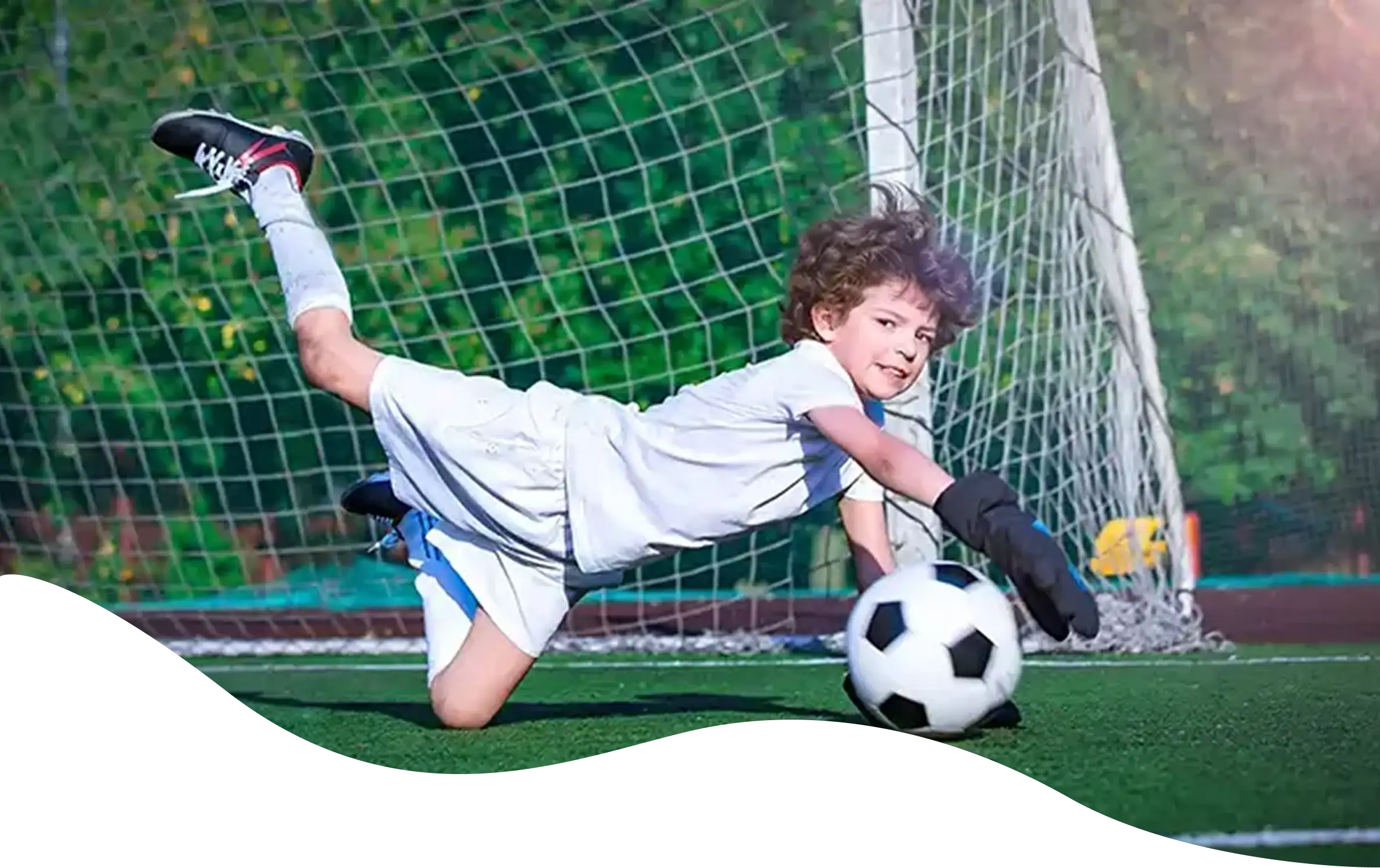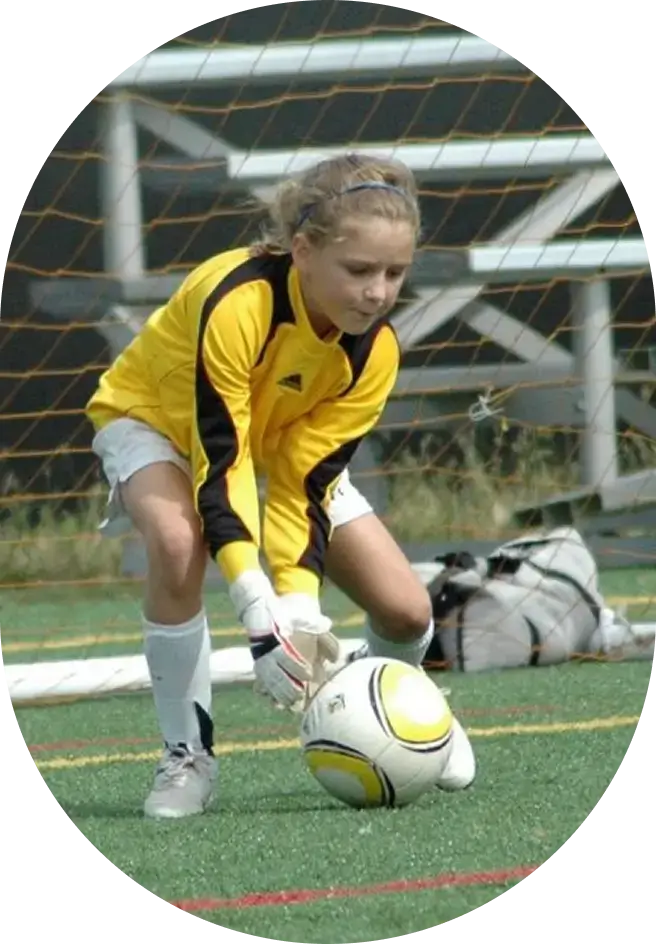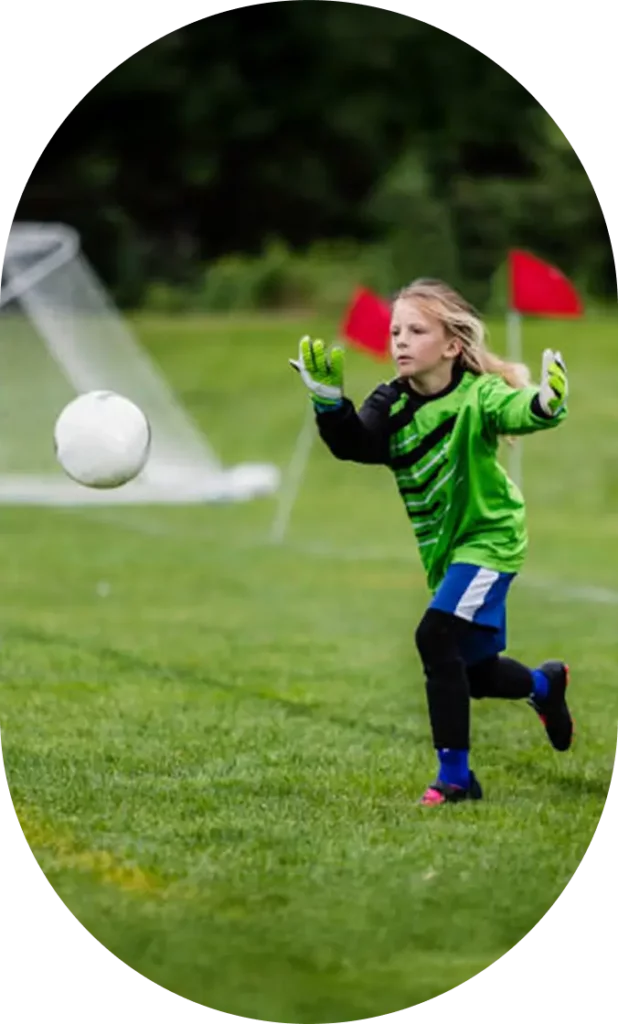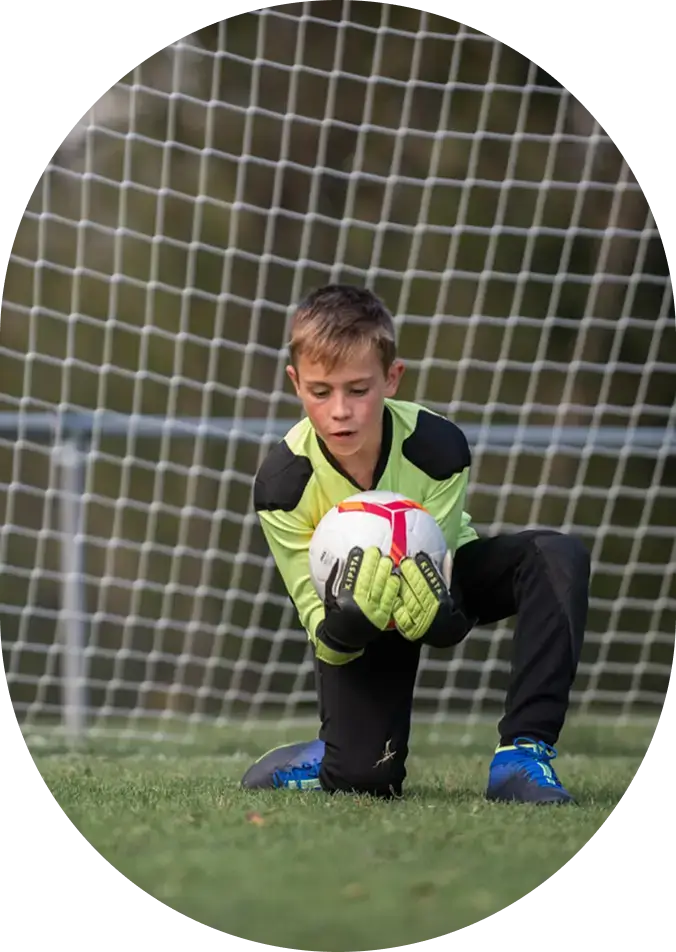5 Ways for a Parent to Support the Youth Goalkeeper

CRFC
NEWSLETTERS
NEWSLETTERS FOR OUR LATEST EVENTS
Being a goalkeeper is a unique challenge. While most players get multiple chances to score, goalkeepers live in moments that can change a match. At Charlotte Rise FC, we teach players and families that goalkeeper growth isn’t just about saves; it’s about confidence, mindset, and communication. Here are five practical ways parents can help their young keepers develop skills and self-belief.
Focus on Encouragement, Not Perfection
Every young goalkeeper makes mistakes; it’s part of the learning curve. What matters most is how they respond afterward. Parents play a vital role by celebrating effort over outcome.
- Praise bravery and improvement, not just clean sheets.
- Avoid immediate criticism after goals; let emotions settle first.
- Ask, “What did you learn from that play?” instead of “Why didn’t you stop it?”
Supportive language helps kids build resilience and self-assessment. For more ways to guide post-game conversations, read our article on how to talk to your child after a tough game or tryout.


Understand the Goalkeeper’s Role
Goalkeepers aren’t just defenders; they’re leaders, communicators, and play starters. When parents understand that complexity, their feedback becomes more meaningful.
- Watch how your child organizes teammates, not just how they save shots.
- Notice their positioning, confidence, and communication on the field.
- Recognize that improvement takes time; small gains mean long-term growth.
By understanding the role, parents can help their kids appreciate progress beyond scorelines. For a deeper look at goalkeeper growth, explore our goalkeeper training guide.
Create a Calm Environment After Games
Goalkeepers replay every goal in their mind. The best thing parents can do after a match is help them decompress and reset.
- Ask open-ended questions: “How did you feel about your positioning?”
- Give them time before discussing any mistakes.
- Highlight one thing they did well before addressing improvements.
This approach builds emotional balance, a key part of goalkeeper psychology. Consistent calm support helps players bounce back faster and stay motivated through challenges.
Encourage Technical Practice and Variety
Young keepers thrive when they combine focused repetition with diverse training styles. Encourage your child to work on handling, distribution, and reaction drills at home or during Rise FC sessions.
- Use light tosses or rebounding walls to improve catching technique.
- Add footwork ladder drills for speed and stability.
- Join a futsal session to improve reaction time in tight spaces.
Programs like the Charlotte Rise FC Futsal Program help goalkeepers make quicker decisions and handle pressure naturally through faster-paced games.


Model Confidence and Patience
Goalkeepers feed off the energy around them, especially from parents. Calm, confident support helps players believe in themselves even after tough matches.
- Keep your tone steady when offering advice or encouragement.
- Avoid comparing your child’s performance to others.
- Show consistent belief in their long-term development.
Confidence is contagious. When parents lead with positivity, kids play with freedom. For more mindset strategies, check out our blog on youth soccer mindset and confidence.
Why Parental Support Matters
At Charlotte Rise FC, we see every goalkeeper’s journey as a partnership between player, coach, and family. Parental support turns pressure into growth. When kids feel safe to make mistakes, they take more initiative, communicate more clearly, and learn to lead from the back line.
Join our Goalkeeping Training program and give them the Confidence they need.

